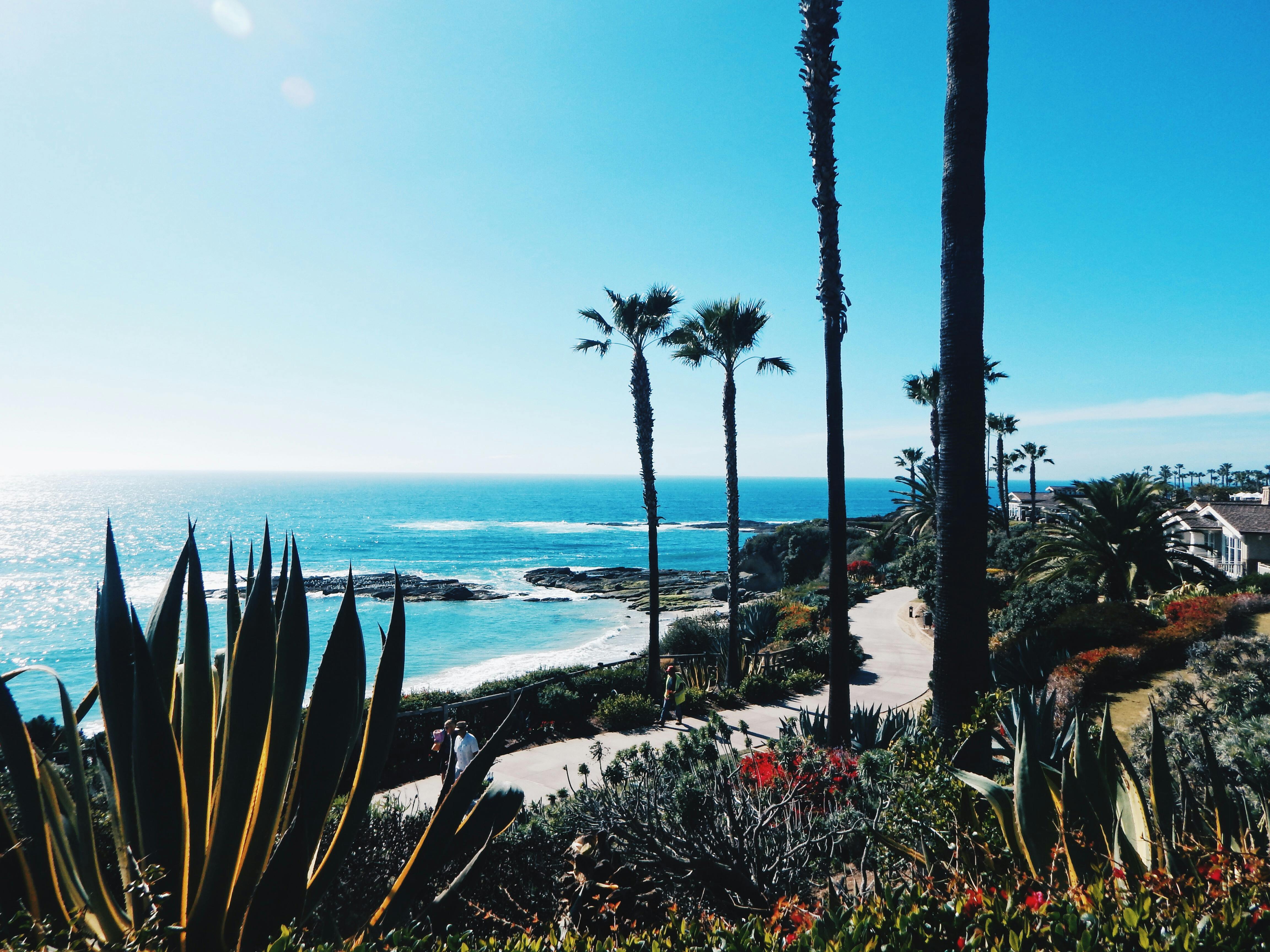
Positive and negative impacts of diving
admin
- 0
Scuba diving is a sport that, by its base, is extremely respectful of marine life. Divers are diving to appreciate the magic of flowers and aquatic animals and are thriving on pristine dive sites. Any diving lesson will show you skills and theory, but also “underwater etiquette” that can guide your behavior in the water.
Swimming is the sport in which fans are most aware of the delicacy of habitats and most respectful of the environment.
Additionally, scuba swimming areas have been flourishing over the world’s oceans for decades. They have learned to conserve their resources to maintain a regular income from the swimming industry. However, swimming can have a negative effect on the environment.
The first obvious example is the carbon footprint of the flights it takes to get to incredible dive sites and let’s not forget the fuel used on dive boats. These ships are powered by gas and sometimes neglect where they drop anchor, damaging the seabed, especially the seagrass, which is a refuge for countless species.
Some divers can have a massive impact that is very negative. Although buoyancy control is taught within any particular dive certification, some divers find it difficult to maintain their relaxed position while diving. They then come into contact with the reef, corals and sandy bottom and can disturb or even pot this fragile ecosystem.
Fins are the most typical source of reef destruction. Divers should stay a reasonable distance from vegetation and level the surface with a level of control. Corals are living beings, there are no flora. These live animals are protected from infection by a thin deposit of mucus that is destroyed by human contact. Also, the oil present on human skin damages them. Tanning creams are also a problem, many of which are not environmentally friendly.
Another negative action under water is feeding. Attracting a cloud of fish or a gigantic grouper by providing them with food is a great feeling. However, it is not part of the natural food chain where species prey on others, thus creating this crucial balance that the seas need to survive. Fish stay close to reefs because they have learned that they feed daily and therefore will not seek their natural source of food.
30 years ago, some resorts expanded tremendously fast before any controls were established. Jetties have been built on the reef to facilitate access for snorkelers and snorkelers. The walking trails directly on the reefs have damaged them forever.
Fortunately, things have changed and swimming complexes have accepted the importance of protecting their resources. Some countries like the Maldives are positively dependent on tourism and the swimming industry is a large part of their national income. More information about diving holidays can be found.
Scuba diving is all about enjoying the wonder of the seas and therefore it takes a very strong sense of respect so that generations to come can still dive in pristine and flourishing waters.

